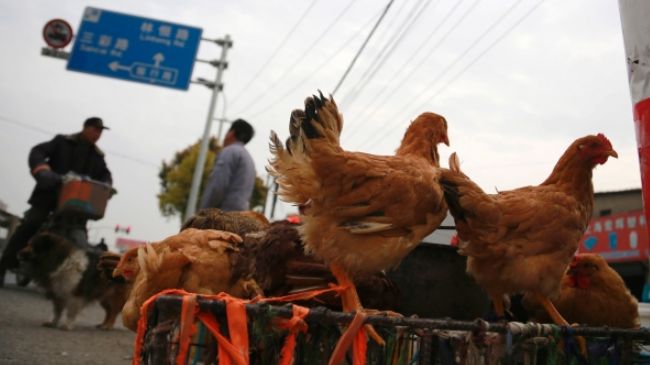New H7N9 bird flu case reported in south China

Chinese health authorities have reported a new case of infection with the H7N9 strain of bird flu in the country’s southern province of Guangdong.
On Friday, provincial medical personnel said the 51-year-old female patient, surnamed Chen, tested positive for the virus following a diagnosis by the Center for Disease Control and Prevention in Huizhou City, situated 1,880 kilometers (1,168 miles) south of the capital Beijing, on August 6.
The patient is in critical condition, and is now being treated at the Central People’s Hospital of the city. A team of five medical experts has been dispatched to the medical center to help with Chen’s treatment.
Guangdong Provincial Heath Department said Chen had been a poultry slaughtering worker in a local market for many years.
Meanwhile, thirty-six people, who had been in close contact with the female patient, have been put under medical observation. They have shown no abnormal symptoms so far.
Guangdong Provincial Agricultural Department has also distributed five tons of disinfectant across the province to prevent more infection with the virus.
A visiting team from the World Health Organization (WHO), which wrapped up a week-long visit to China on April 24, has said there is no evidence of human-to-human transmission, but warned that H7N9 is “one of the most lethal” influenza viruses seen so far.
More than 130 people in China have been infected by the H7N9 avian influenza, with 43 deaths. China officially confirmed the occurrence of human infection with the new bird flu virus on March 31.
The H7N9 bird flu virus is distinct from the H5N1 virus. Since 2003, the H5N1 strain has caused more than 360 confirmed human deaths and tens of millions of birds have died from the virus.
Medical experts worry about the possibility of the H7N9 virus mutating into a form easily transmissible between humans.
Chinese health officials have confirmed the so-called “family clusters,” where members of a single family have contracted the virus.







